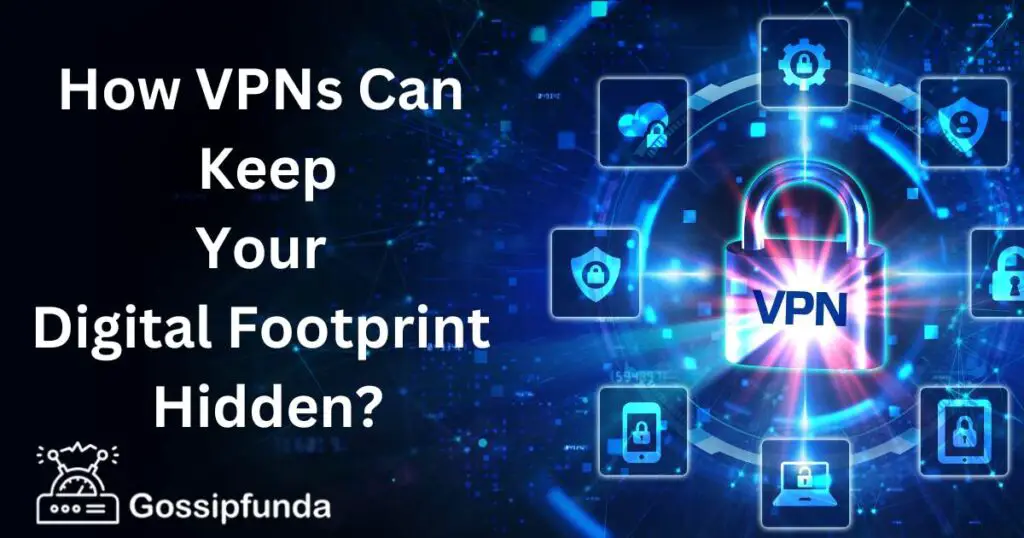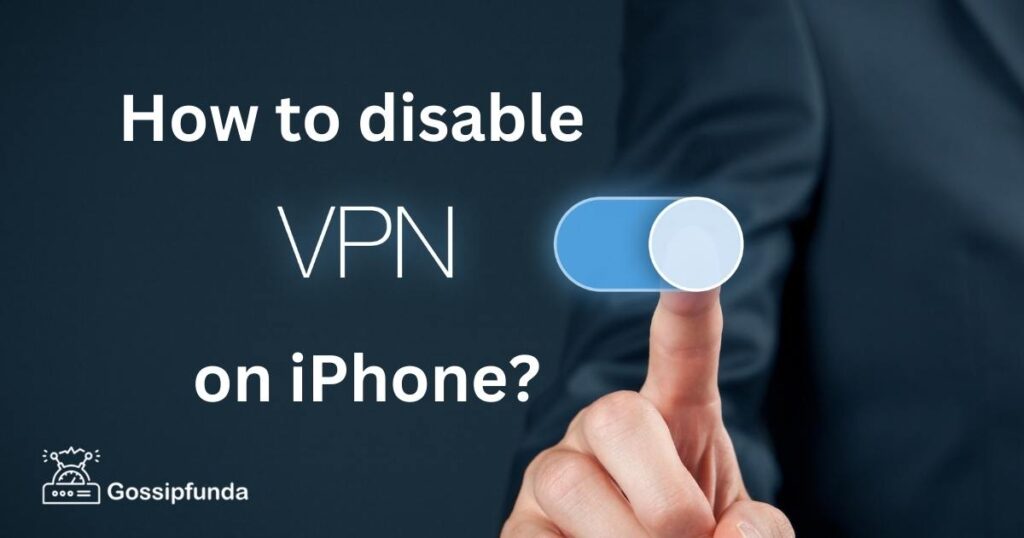It’s becoming hard to tell the difference between real and digital lives. We spend a considerable amount of time being online, from browsing social media to purchasing our dream sofa. Thus said, we leave a trail of personal information behind us. This digital footprint, however, stays online forever and is ready to haunt us by being tracked and collected by governments, companies, or even criminals. Then we are left vulnerable to targeted advertising, identity theft, and surveillance. Thankfully, some tools can help us keep ourselves both safe and private. One such tool is a VPN that connects securely between your computer or mobile device and the internet.

What is a VPN?
A Virtual Private Network (VPN) is a technology that is able to encrypt a connection between you and the internet. In other words, it makes your browsing activity private and only available to you, making it impossible for third parties to intercept your personal data. With a mobile VPN turned on, you can always be sure that your IP address is secure and not exposed to the world with questionable intentions.
How Does a VPN Work, though?
When a user connects to the internet without a VPN, their device is assigned an IP address by their Internet Service Provider (ISP). This IP address can be used to track the user’s online activities and location. When a user connects to a VPN, their internet traffic is routed through a remote server, which encrypts the data and assigns it a new IP address. The encrypted data is then sent to the destination website or service.
Why Should You Use a VPN?
There are many reasons why you should use a mobile VPN. Here are some of the most common:
Protect Your Privacy
When you use a VPN, your online activities are encrypted, and your IP address is hidden. This makes it difficult for anyone to track your online activities or location. This can be particularly useful if you are using a public Wi-Fi network, which is often unsecured and can be easily hacked.
Access Restricted Content
Many websites and services restrict access based on the user’s location. For example, if you are trying to access a website only available in the US, you will not be able to access it if you are outside the country. By using a VPN, you can route your internet traffic through a server located in the US and access the website as if you were at home.
Avoid Surveillance
Many governments and ISPs monitor their citizens’ online activities for various reasons, such as national security or to prevent illegal activities. With a VPN, you can protect yourself from surveillance and keep your online activities hidden.
How Can a VPN Keep Your Digital Footprint Hidden?
Here are some examples of how a VPN can protect your online privacy:
Encrypts Your Data
Basically, a VPN acts as your defense shield by encrypting your activity. This way, no one can see what you’re doing online.
Hides Your IP Address
Your IP address is a unique identifier that can be used to track your online activities and location. By using a VPN, your internet traffic is routed through a remote server, which assigns you a new IP address. This means that your real IP address is hidden from prying eyes.
Prevents Targeted Advertising
Many companies use your online activities to target you with personalized advertising. You guessed it right: if you want to avoid such tracking, you should use a VPN.
I am passionate about my work. Because I love what I do, I have a steady source of motivation that drives me to do my best.
I’m not comfortable with settling, and I’m always looking for an opportunity to do better and achieve greatness. I have a keen interest in the technical field. Apart from this, I am a social media influencer.
